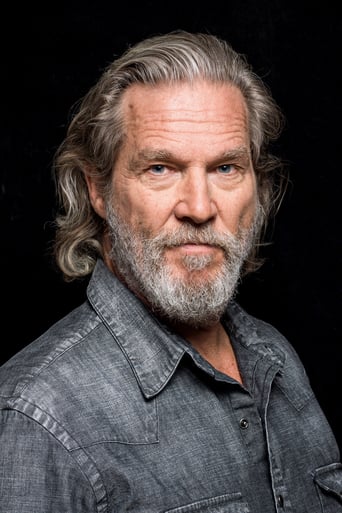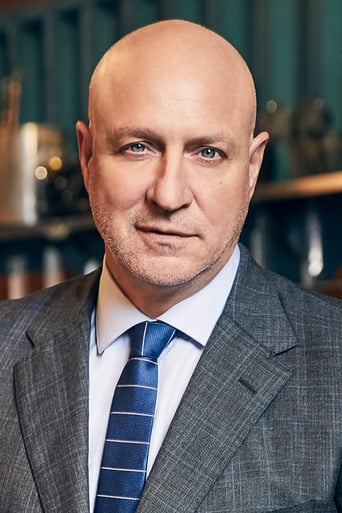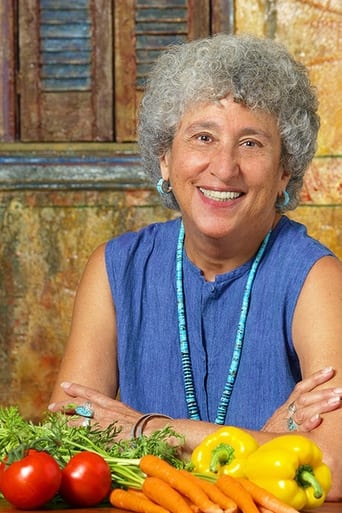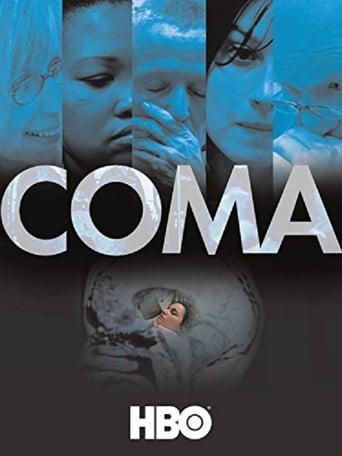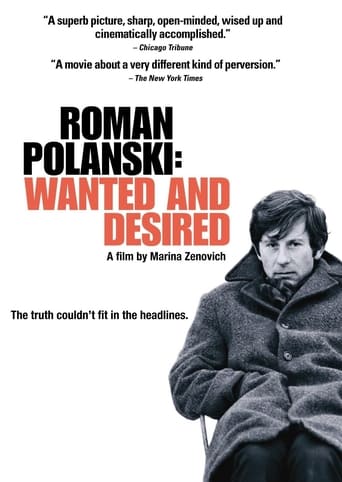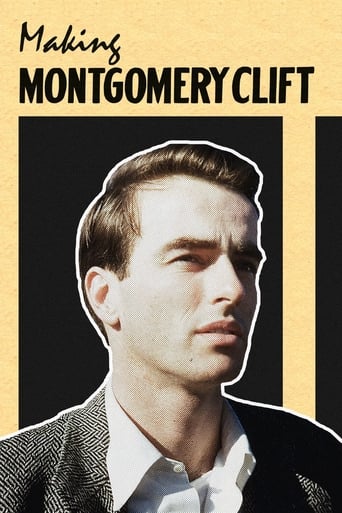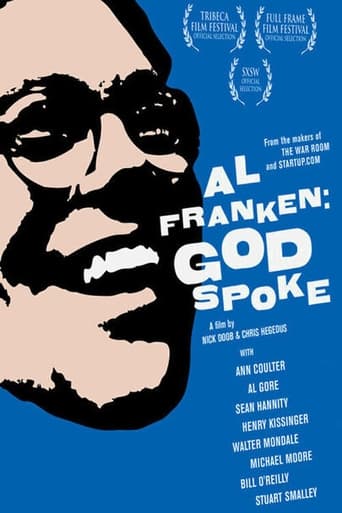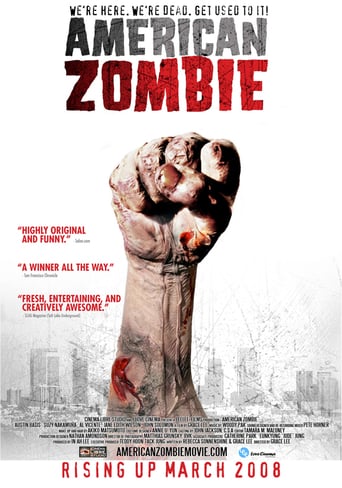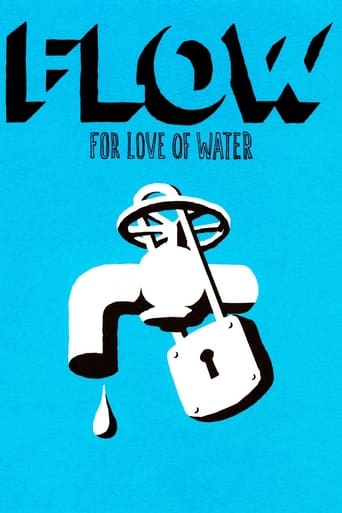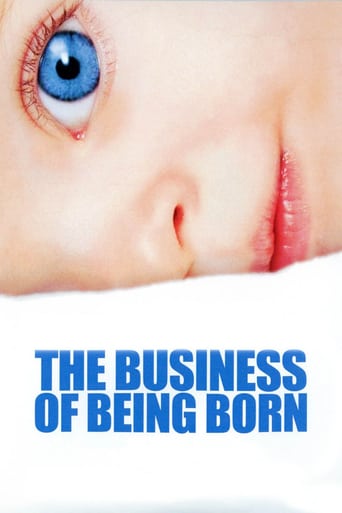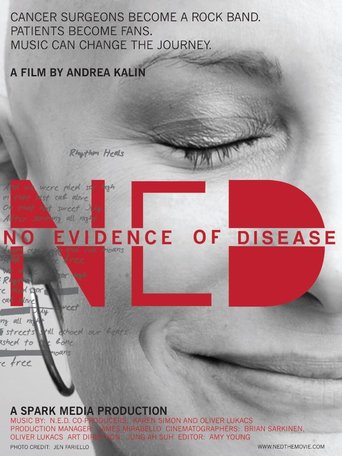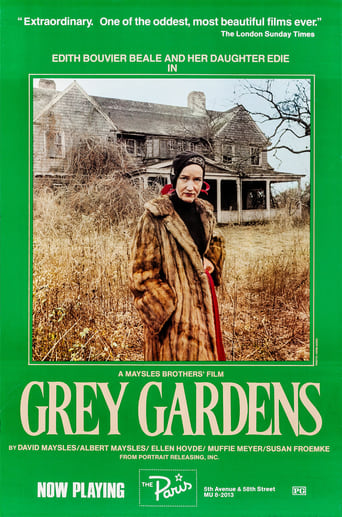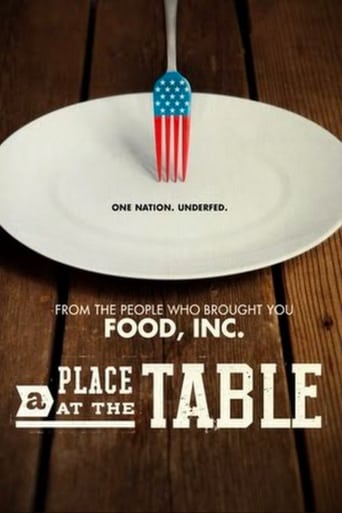
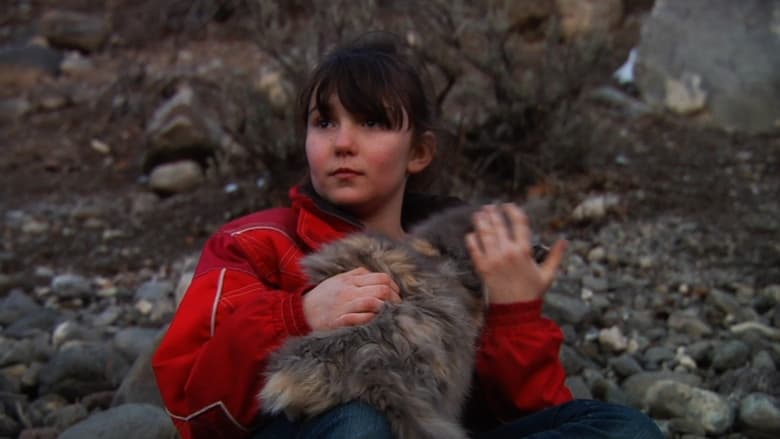
A Place at the Table (2012)
Using personal stories, this powerful documentary illuminates the plight of the 49 million Americans struggling with food insecurity. A single mother, a small-town policeman and a farmer are among those for whom putting food on the table is a daily battle.
Watch Trailer
Cast


Similar titles
Reviews
This film does a good job of showing the stark reality that so many face but doesn't offer up much of a solution. I really felt for the woman in Philly with her two children because she was stuck in this 'in-between' place that so many people find themselves in. She ends up taking a job and losing any assistance she was getting, to end up in a worse position than she was before. This is the horrible paradox that so many families get stuck in. It only served to reinforce my opinion that welfare programs reward those who do absolutely nothing and hurt those who are actually trying to get ahead. As for the other families in the film who talk about not being able to afford veggies, grow a freaking garden and learn to can and freeze veggies! I wished so badly I could reach into this film and show some of these people what to buy with their food budget. I just have a really hard time feeling sorry for overweight people that claim they are hungry. Also, the film states at one point that a family of three can make 24k per year and qualify for food stamps. Later in the film you hear from a single mother with a paycheck of 120.00 every two weeks, who claims she was denied food stamps? This film just left me feeling kind of angry when it was finished.
A PLACE AT THE TABLE (dir. Kristi Jacobson, Lori Silverbush) A brilliant documentary that confronts America's perennial inability to deal with the widespread problem of hunger in our nation. Ronald Reagan slashed federal programs that were beginning to solve the issue by the late 1970's, however he cynically felt that the matter would best be solved by relying on good old fashioned Christian charity. And it didn't work then, and it doesn't work now. Millions of Americans struggle daily with 'food insecurity' (you don't know where your next meal is coming from), and it seems that our leaders are convinced that the poor have it far too easy, and are just too dependent on the largess of the American tax payer. However, the film does expose the pertinent fact that America's richest food corporations were able to continue to enjoy 100% of their lavish federal government subsidy, yet the food stamp budget was severely cut to pay for a program to end childhood hunger. So much for our so called 'Christian' policies, and the film provides yet another reason for me to continue to be a proud secular humanist.
My wife and I downloaded this from iTunes today and were so impacted by the film. The film follows several people of different races and backgrounds, urban to the South to the mountains of Colorado. All are working (as the film goes on) but none make enough to buy enough food to be sure it will last all month. Many of them do not even qualify for food stamps/bridge cards. The fact that the poor and hungry have little lobbying impact in Washington compared to the gigantic agribusiness flood of money is clearly part of the reason we see this dilemma where the richest large nation fails miserably in keeping its working poor feed. Please see this film if you care about this issue. Many of your opinions may turn out to be misconceptions founded on stereotypes.As for Marc Newman's criticism, the idea that charity organizations like food kitchens and food banks sponsored by churches (yes, those clips of devoted pastors and churches were kept in and were very impressive) could solve this problem is ludicrous. We are talking about 50 million people and 13 million children. As my pastor (who is VERY conservative) says... the problem is overwhelming. There is no way volunteer and charitable organizations can meet the demand, and for Mr. Newman to suggest it could makes me wonder if he has ever worked at trying to get food to the poor. Many of us have done so and we know how huge this problem is... far beyond the resources of the faith community. As was noted in this documentary, the government once before almost totally eliminated hunger (in the late 70's) when both Democrats and Republicans (including Ronald Reagan) made it a priority. The government could do it again if it desired.
It's a national disgrace than nearly 50 million of our American neighbors live in homes that can't afford enough food. This compelling film explains why we have this problem, and, most importantly, what we can do to end it. Granted, I am biased because I fight hunger for a living, but I do think everyone in America should see this film.The film powerfully documents the real lives of real people struggling against hunger. Each of them defy common stereotypes of hungry people. Many Americans believe that we can end U.S. hunger one person at a time, one donated can of food at a time. They are well-meaning. But they are wrong, as this powerful film proves. When Ronald Reagan entered office in 1981, there were only a few hundred emergency feeding programs in America, most of which were traditional soup kitchens serving mostly the people who had been historically the most hungry—single men with substance abuse or mental illness problems. Yet, as a direct result of the economic policies and social service cuts set in motion by Reagan, the number of emergency feeding programs in America skyrocketed, and continued to do so even after he left office. There are now more than 40,000 such programs in America, and roughly two-thirds of them are food pantries, where parents and their children, the elderly, and working people obtain free groceries. Meanwhile, hunger has soared. The truth is that these agencies simply don't have anything close to the resources needed to meet the demand. The organization I manage, the New York City Coalition Against Hunger, found that, in 2011, close to sixty percent of the approximately 1,100 soup kitchens and food pantries in the city were forced to ration food because they lacked resources, either reducing portion size, limiting hours of operation, or turning away hungry families. These agencies are so under-funded that nearly 50 of them were forced to close in New York City in just the last few years.This vital film proves that the only way to truly end U.S. hunger is by advocating for fundamental change that include living wage jobs and a robust government safety net.


